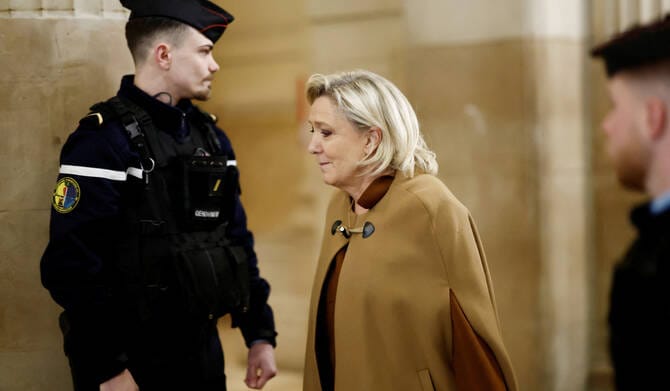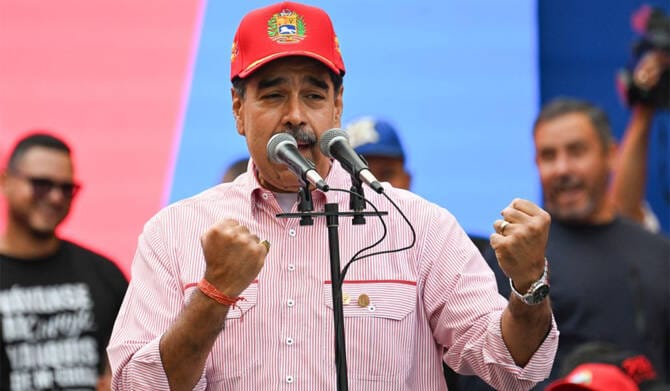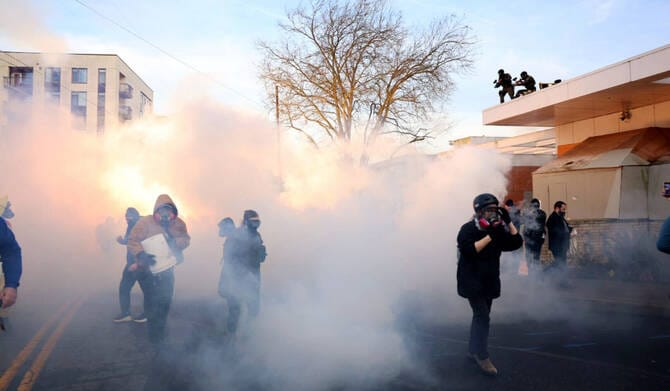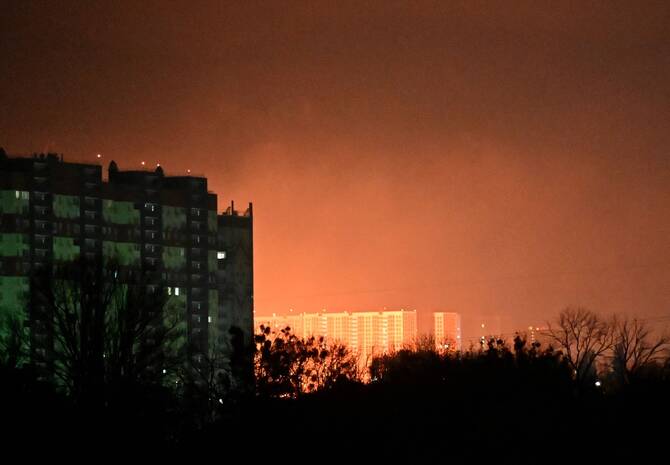The Tragedy of Awareness: When Mourning Becomes a Marketplace
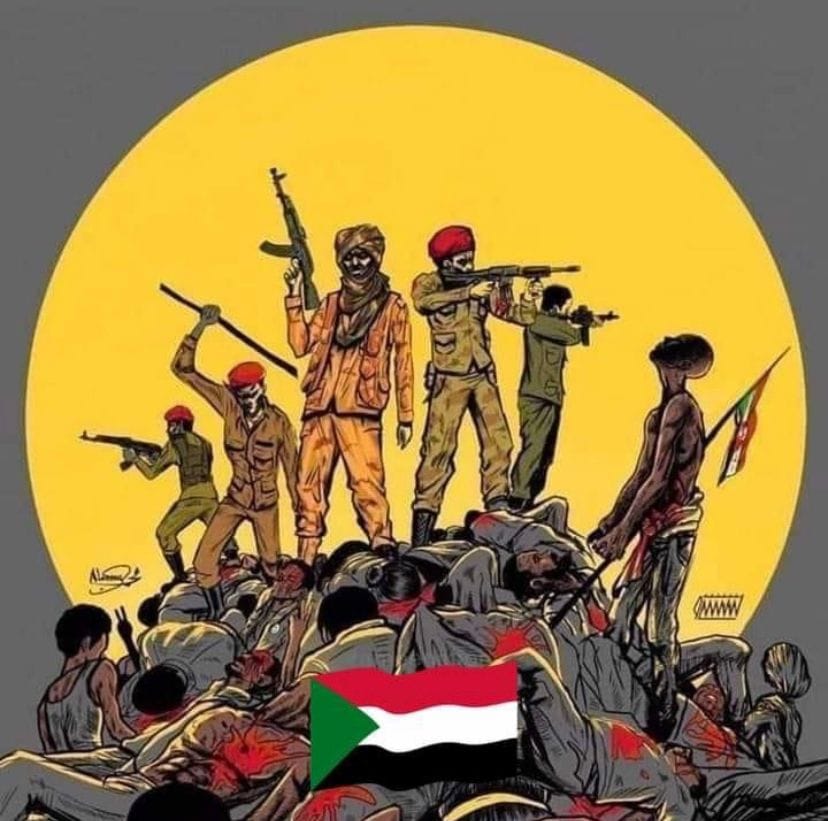
The tragedy is not the war itself. It is in those who exploit its blood to stage a theatre of counterfeit heroism. In London — once a mirror for Sudan’s democratic conscience — a group of pseudo-intellectuals now seeks to convene a symposium to market what can only be called “tragic awareness”: that polluted consciousness Dr. Wajdi Kamel, one of Sudan’s finest thinkers, describes as “a nostalgia-soaked paralysis that turns catastrophe into a ritual of false glory.”
These deceptive Islamists want to sell the audience a poisonous fable: that war is a moral necessity, that blood is a pathway to salvation. What they will not say is that the tyranny they mourn today is the same tyranny that built death camps and weaponized ethnic hatred; that the very rifles they now sanctify were born from the regime which sowed ruin across every tribe and town.
The tragedy, therefore, is not that such an event should be cancelled — but that it was ever conceived at all.
What is worse than war itself is when the executioner disguises himself as “civil society,” when the language of resistance is stolen by the perpetrators of mass crimes. Imagine this: from the tainted tables of embassies, funded by smuggled gold, they rise to lecture the world about “just peace,” as if their hands were ever washed of history. They speak of justice, yet they once applauded the tanks that crushed Sudanese youth outside the Army Headquarters in Khartoum. They raise the banner of “awareness,” yet they are merely agents of a dead discourse feeding on its own deceit.
It is painful to see Sudanese consciousness once again dragged into the same symbolic slaughterhouses that Islamists built three decades ago: a language that glorifies blood as redemption, justifies repression as salvation, and summons ghosts of heroism to perfume the stench of the present.
Whether this London symposium proceeds or not, its stain will linger. For the Islamists need no stage to howl — their very existence is a circle of ruin, licking the wounds of a nation they helped destroy while pretending to heal it. And even if the event were cancelled, who will cancel this moral hypocrisy? The one that sanctifies death and baptizes itself in the rhetoric of civility?
This so-called “tragic awareness” they promote is not awareness of catastrophe but an investment in its tears — a black-market trade in exile’s emotions, sold to Western audiences as “civil resistance” when in truth it is nothing but the repackaging of authoritarianism under the banner of “national virtue.”
Yet the farce does not end with this Islamist chorus that plans to gather in London; it extends to the very stage of the Sudanese state itself. We watched in disbelief as Prime Minister Kamal Idris chanted “Long live President Isaias Afwerki!” before the Eritrean people — a grotesque image of tyranny dressed as friendship, the ruler bowing to despotism in the name of diplomacy.
That spectacle was no slip of the tongue; it was a symbol of a deeper fracture — between the symposium and the podium, between pseudo-intellectuals who justify war as salvation, and a prime minister who applauds dictatorship as statecraft. Both drink from the same poisoned well: tragedy sold in a London hall, and hypocrisy broadcast in Asmara. Thus is “tragic awareness” revealed in its purest form — when conscience becomes a career, dignity a protocol, and memory a stuttering applause beneath a cold sun.
True awareness is not born in “Abrar Hall,” nor on platforms of political hypocrisy, but in the uncounted graves and the faces of children falling asleep to the sound of shelling. If there is any lesson in this twin farce, it is that the most insidious form of war is the one waged in the name of awareness, and the ugliest kind of awareness is that which speaks in the name of generals.
In conclusion, this article exposes the cynical attempt by certain writers and media figures to capitalize on the “tragic awareness” born of Sudan’s war — converting it into symbolic capital to whitewash the very regime that ignited the conflict. It reveals how the language of “civility” has been hijacked to beautify a bloody narrative, and how these figures manipulate Western empathy by performing the role of the “noble victim,” when in truth they remain part of the old machinery of oppression.
This event in London is not an act of dialogue — it is an act of deception. Cancelling it is not censorship; it is moral clarity.
***By Waleed A. Madibo, Fulbright Scholar. Government & International Development Expert ***


